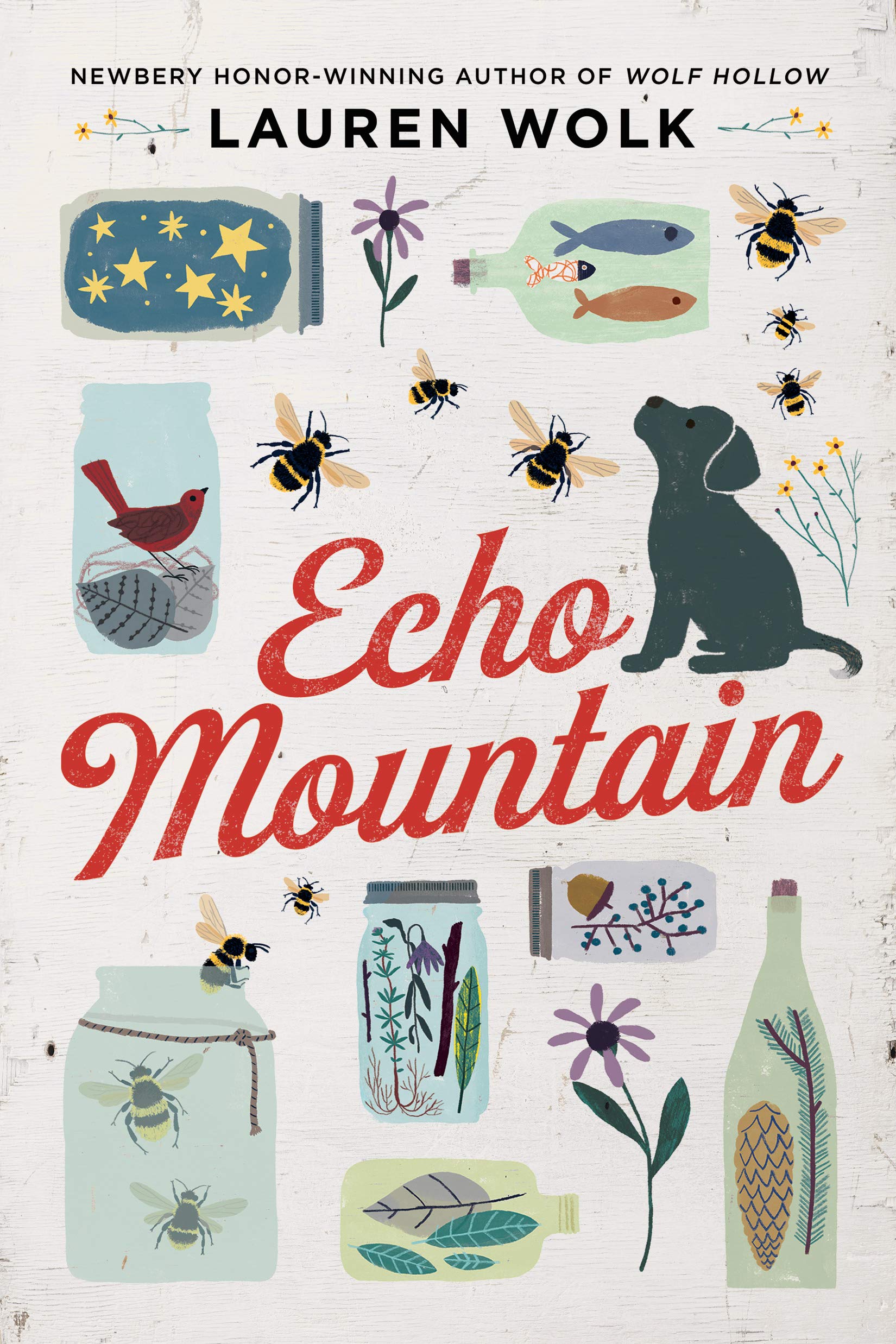This month I am participating in the 13th Annual Slice of Life Story Challenge. Visit Two Writing Teachers for more information.
Walking through my grandmother's kitchen when I was growing up, seeing a paper towel drying in the sun on the window sill or a piece of aluminum foil in the dish drying rack would not have been uncommon. My grandmother believed anything from paper towels to aluminum foil to plastic baggies to empty margarine tubs could, and should be, rewashed and reused. My grandmother also never left a scrap of food on her plate. In fact, she would scrape any scraps left on anyone else's plate onto her own and eat it before she let it go to waste. There was also no reason to turn up the heat on a cold winter day, even in New England, because bundling up with an extra sweater or blanket was more cost effective than paying a higher heating bill. Nobody I know has embodied the saying, "Use it up, wear it out, make it do, or do without!" more than my grandmother.
When I was told my grandmother lived through the Great Depression and I grew to know how people's lives were impacted during that time in history, I understood my grandmother's behavior on a deeper level. Her frugality wasn't eccentricity; it was what she came to know as a way to survive and a means for doing all she could to take care of her family. Living through the Great Depression etched a way of being into my grandmother's life that she carried with her for decades and through the entire rest of her living years.
As I think about the coronavirus pandemic that we are living through right now, I wonder what will become etched upon our ways of being and what we will carry with us through the years to come. My greatest hope is that we will carry forward the compassion, the kindness, the resilience, and the spirit of community, even while we practice social distancing, that will be interwoven through these trying times.
I'm sure, too, that there will be some of us who, having lived through the coronavirus pandemic, will always and forever be certain to have a stockpile of toilet paper on hand.
Recommended Reading: One of the best middle grade books I have read so far this year, Echo Mountain by Lauren Wolk, is a historical fiction novel that takes place during the time period of the Great Depression. It's a beautiful story, set in the mountains of Maine, that explores themes related to family, compassion, resilience, and hope. As I read it, I was completely transported to another time and place and was still thinking about the characters long after I finished it.


I have been thinking about the same thing and even noticing my behaviors changing. I do think we will all be impacted by this - we are living through a major historical moment. Thank you for ending this with humor and a book recommendation - what could be better than that!
ReplyDeleteHi Lisa! I love how you painted the kitchen picture from your youth to help readers understand just how trained your grandmother was to use her resources - every single one of them - wisely. I still don’t get the hoarding of toilet paper, but do wonder about how food will continue to be distributed if this pandemic continues to strengthen its hold. Will we get rations like WW2? Thanks for sharing your love of historical fiction connected to the Depression in your memoir.
ReplyDeleteWhat an incredibly thoughtful post, Lisa. I love how you are drawing on the lessons of your grandmother to contemplate what lessons we may all take away from this. I think we are all changing behaviors and appreciations right now, how much of this will we carry with us? Hard to say, but I can't imagine not being changed in some way-I am hopeful that it is for the good.
ReplyDeleteWhat will become etched on our ways of being? You're asking an important question. Thanks for the book recommendation. I'm requesting it now.
ReplyDelete